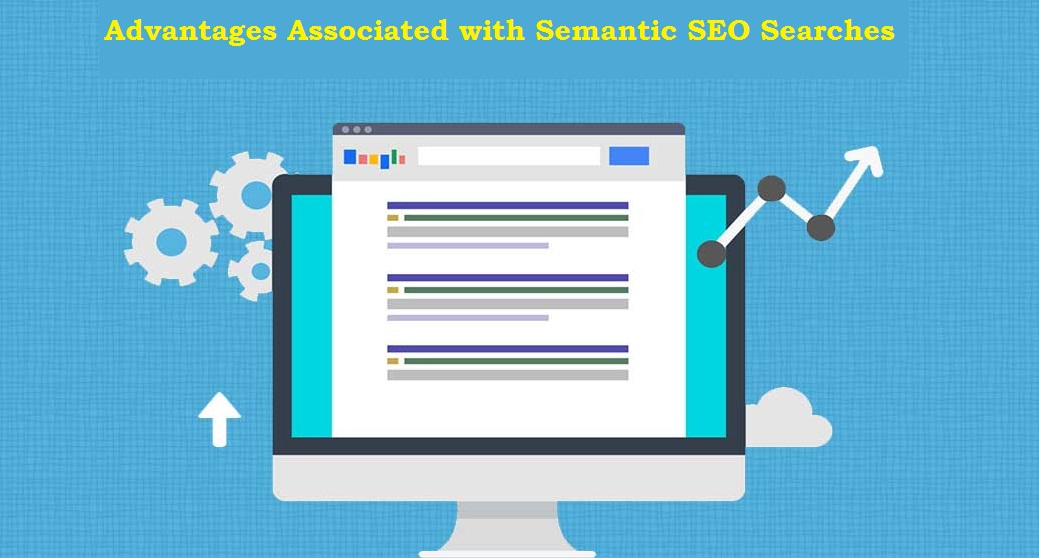
Today, all businesses are aware of the fact that SEO is an integral part of their online endeavors. However, some of them do not really know or understand the way SEO works and how things are changing in the SEO landscape. Do you have any idea about some positive effects of SEO and how this specific shift has affected the way people search online and exactly how search results would be ranked?
SEO has been there for decades now. However, only since the year 2000 onwards, Google has proactively taken a few steps to make SEO more user-friendly and more emphasis was put on the user experience.
In order to fulfill its objective, Google has provided faster responsiveness to all search queries online so that it would be yielding accurate results despite incomplete phrases, misspelled words, or even poorly worded phrases.
Beginning in 2002, Google started executing the first in a progression of algorithm updates and necessities to sort and rank websites. Webmaster now couldn't do inordinate link teasing and keyword stuffing. Rather, they needed to make significant content valuable to the client in the event that they needed their websites to rank higher in search results. The accentuation toward user-friendly content proceeded in 2013, when Google turned out with their Hummingbird algorithm update. The Hummingbird algorithm changed how Google deciphered web client search query. Rather than searching for indistinguishable words and verbatim expressions, Google started to put accentuation on the goal behind the search query.

As a latent web client, you may not completely observe the where it counts affect on SEO practices – you're only happy to have a better search experience.
As a result, webmasters and SEOers conducted intensive keyword analysis and did all they presumably might to cram their targeted keywords into each corner of their websites. Writing for SEO typically used and enforced keywords or phrases in odd and unnatural places, creating the content arduous to scan. Here and there the content didn't have anything to do with the keywords.
Accordingly, SEOers composed just for Google, and the clients were regularly baffled with the insignificant query items of their inquiries. Things were going to change, however, and we've transformed from the exacting to the semantic (in a manner of speaking).Here are some amazing benefits of Semantic SEO Searches.
A More Intuitive & Easier Search

Many changes have been taking place in the background consistently yet, web users have got used to an intuitive and quick search experience that generates relevant results. Previously, searchers have to keep on trying numerous different search variations whenever their initial search results did not come up to the expectations. SEOs still had to identify precisely what phrases users could be using. It was mandatory to create web content that incorporated all those phrases. Obviously, there was a gap of communication or disconnect between the search intent of the web users and the actual search results that came up.
Semantic search has been successful in changing all this by concentrating less on the precisephrases or words and a lot more on the actual intent of the user behind the search. SEOs certainly would have to make modifications in their stratagem. Seek professional assistance and expertise from reputed sites such as Tayloright.
Improved Content
The objective of any and every algorithm update certainly would be to boost the user experience. The Hummingbird updatewas fast and precise and was designed for concentrating more on precisely the meaning of the phrases and words. Thanks to the Hummingbird update, most relevant search results came up based on user intent. The Hummingbird algorithm introduced conversational search that focuses on the actual meaning of the words and definitely not on the individual keywords. Many users are getting into the habit of using voice while searching on their mobile, instead of typing. Google has used Artificial Intelligence for searching websites that are reliant on this brand new and effective search query syntax.
Definitely More Flexibility
The shift from the precise-match keyword phrases provides SEO with a tremendous amount of flexibility, as far as, the content is concerned. Thanks to the introduction of word synonyms and alternative wordings web content could be far more unique, creative, useful, and genuine of course.Content writers are no longer compelled to writecontent simply for pushing certain specific keywords.
The new semantic way to deal with SEO benefits both web clients and the SEOs who improved and compose content for sites. The two are conveyed to a closer comprehension of each other which has bettered the general web perusing background.
Is your site streamlined for semantic search? If not, odds are your site hasn't or before long won't show up towards the highest point of indexed lists for your objectives watchwords or expressions. Improving a site and remaining a la mode on the numerous Google calculations requires some serious energy, tolerance and exertion. It additionally requires choice SEO learning to pull all your content together into a firm promoting technique.
Less Emphasis on Keywords
As you currently know, semantic SEO puts less accentuation on keywords. Websites look into is as yet vital to measure the fame of specific keywords. In any case, the keywords you target are not any more the end-the greater part of your SEO system. Gone are where sites require correct match keywords and each page of the site needs a specific proportion of websites. Presently, those websites help control our concentration to specific themes and talks, yet our substance needs to center around what the client really needs.
Better Content
The objective of each algorithm update is to enhance the web user’s search experience. With the Hummingbird update, indexed lists came up that were considered the most applicable in light of the “untyped” goal of the client.
Individuals presently enter seek query like how they talk. Google has used AI (artificial intelligence) to look sites in view of this new search query structure.
With less accentuation on particular Keywords and formal expression structure, the content on sites – now like never before – must be high caliber. Strangely set Keywords expressions or keyword stuffing in the substance of a site will never again assuage Google or web clients.
Keeping in mind the end goal to create the now-expected, amazing content, content authors must direct more careful research on themes and write in a way that the content is effectively intelligible, eye catching and offers esteem.
Conclusion
It could be taking some time, patience, and also a lot of effort to optimize an online site and stay abreast of the numerous Google algorithms. It would be requiring sound SEO knowledge for pulling all your content closely-together into one single effective and cohesive marketing strategy.
Author Bio: Maria Jones is a technical content writer, blogger, and SEO expert. She has been in and around the digital marketing industry for a decade or so. Obviously, has accrued a whole lot of expertise and experience. She now writes SEO articles offering important and reliable resources such as Tayloright.com.

Valuable article. Thanks for including Humming Bird algorithm